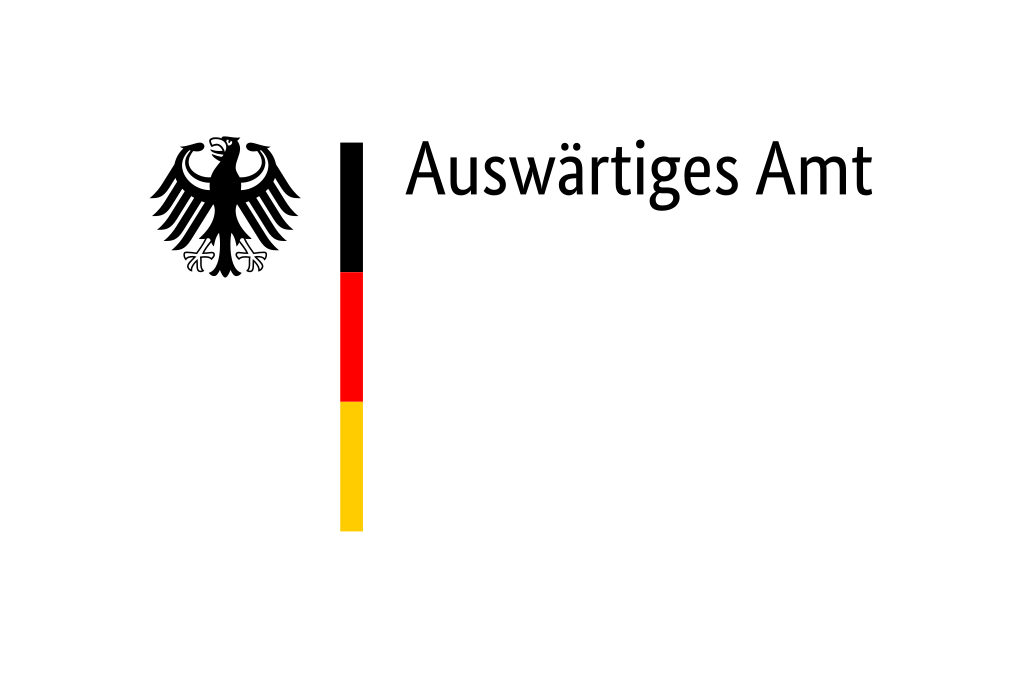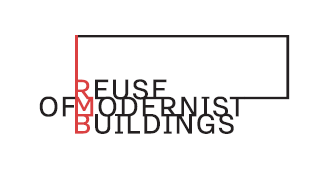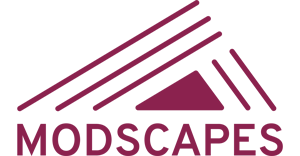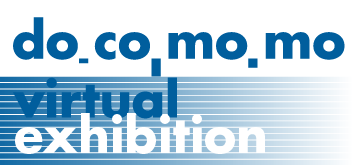(SHA) Shared Heritage Africa // RMB // Modscapes // MoMoVe
(SHA) Shared Heritage Africa: Rediscovering Masterpieces

The documentation of buildings and sites tells a lot about the nature of the relationship between culture, society, and politics. The project Shared Heritage Africa (2021-23) will focus on the documentary rediscovery of modern university campuses from the 1950-1970s as examples of cultural landscapes from the period of independence from colonial rule (Ghana 1957, Nigeria 1960 and Uganda 1962), and is of great significance. The rediscovery of this heritage will concentrate on the exploration of the values, challenges and opportunities through the eyes of their contemporary users. All case studies were built in the postwar decades (1950s-70s) and a comparative analysis reveals contrasting and complementary aspects. The paper highlights the combination of local workshops, including student writing and photography workshops, exhibitions and ‘Digital Fellowships’ using the Internet for dissemination. Exploratory interviews and narratives will be used to collect testimonies of contemporary users.
Aspects discussed are, among others, the physical; deterioration (technical, functional, social), the cosmological; through the sense of identity, community, place attachment, maintenance and taking care, ownership and appropriation, and the environmental; considering the quality, and sustainability of spaces, and also conditions of comfort and satisfaction. The method is still in development, but preliminary conclusions can be sketched.
The written, visual and digital documentation of built cultural heritage of Africa is a prerequisite for a sustainable urban and social development. The approach builds upon African and international DOCOMOMO initiatives and identifies students and young professionals as important target groups to develop social, cultural and political awareness and further participatory tools.
This work is supported by the Federal Funds of the Federal Foreign Office of Germany (BfAA) by a funding for the project “Shared Heritage Africa. Rediscovering Masterpieces” from 10/2021 until 09/2023 (AZ99210073). The project is coordinated by DOCOMOMO Deutschland e.V. in cooperation with Architectuul (Estonia), photographer Jean Molitor (Germany), Liverpool School of Architecture (UK), University of Lagos, Centre for Housing and Sustainable Development (CHSD) (Nigeria), DOCOMOMO Ghana (Accra Chapter), Uganda Martyrs University (UMU) and DOCOMOMO International (NL).
For more details see here: https://sha.architectuul.com
RMB

Re-use of modernist buildings (RMB) is a project that aims to initiate an educational framework of common definitions, approaches and methodologies on a European level. It is based on existing research, educational practices and reference projects found in the countries associated to RMB.
The follow up of the RMB project is a Joint Master program on reuse, offered by a consortium of project partners: Hochschule Ostwestfalen-Lippe (Germany – coordinator), Istanbul Teknik Universitesi (Turkey), Universidade de Lisboa – Instituto Superior Técnico (Portugal), Universidade de Coimbra (Portugal), Universiteit Antwerpen (Belgium), Docomomo International and, as an associated partner, The Energy and Resources Institute (India).
The Project cause
Demographic and climate change have resulted in huge qualitative and quantitative challenges and demands for the European building sector. The need for suitable and affordable housing in the city centres and urban agglomerations is increasing and cannot, and should not, be fulfilled with new constructions only.
A major task for the building industry should be realized through the refurbishment of the existing housing stock, as well as conversion from other building typologies such as warehouses, offices and public buildings with special focus on the so-called modernist era.
RMB targets
RMB will explore combinations of traditional e-learning forms, on site events such as conferences and workshops as well as extended very innovative e-learning options in digital fabrication and building integrated management (BIM). It will improve the possibilities of a remote teaching in design education, which is not self-evident up until now.
The results will be disseminated to a wider audience through open courses, open sources and best practice syllabi.
Since one of the aims of RMB is to combine a broad spectrum of European practises, the partners are geographically chosen accordingly. This project will run for 36 months from September 2016.
You can find more information on RMB Project website.
Modscapes

Modernist reinventions of the rural landscape in Europe (MODSCAPES) is a program that aims to bring focus to a cultural phenomenon of implementing modernist thought to rural areas, in order to understand it and possibly use its achievements to aid current problems.
The program is coordinated by Mrs. Luisa Moretto, Associate Professor at the Faculty of Architecture La Cambre-Horta, Université libre de Bruxelles (UBL), within the framework of the HERA Joint Research Program 2016 – “Uses of the past”.
Docomomo International’s role in this program consists on:
- Active participation in the organization of the events programmed across the duration of the project: launching seminar, international conference and exhibition;
- Promoting the organization of the events that could occur in Portugal.
- Providing the arrangements for the organization of the proposed events, namely disseminating and participating on the call for papers, the scientific board and the online proceedings’ results.
Docomomo International encourages to take interest in MODSCAPES activity, since it provides an insight into an interesting and rarely discussed face of the modern movement’s heritage.
You can access the MODSCAPES website here.
MoMoVe
The Docomomo Virtual Exhibition (MoMove) features a selection of buildings, sites and tours related to the Modern Movement. MoMove is a web-based platform and database tool that serves as a mapping resource for Modern Movement architecture around the globe. MoMove contains an architectural tagging system that filters the buildings by architect, city, type and decade. Docomomo is responsible for curating the exhibition, verifying all the new entries and making them public, as well as uploading files such as audio, video and short films. The individual contributors and their working parties are responsible for the written content. Docomomo working parties can continue their work and improve the exhibition by adding new content and files.


